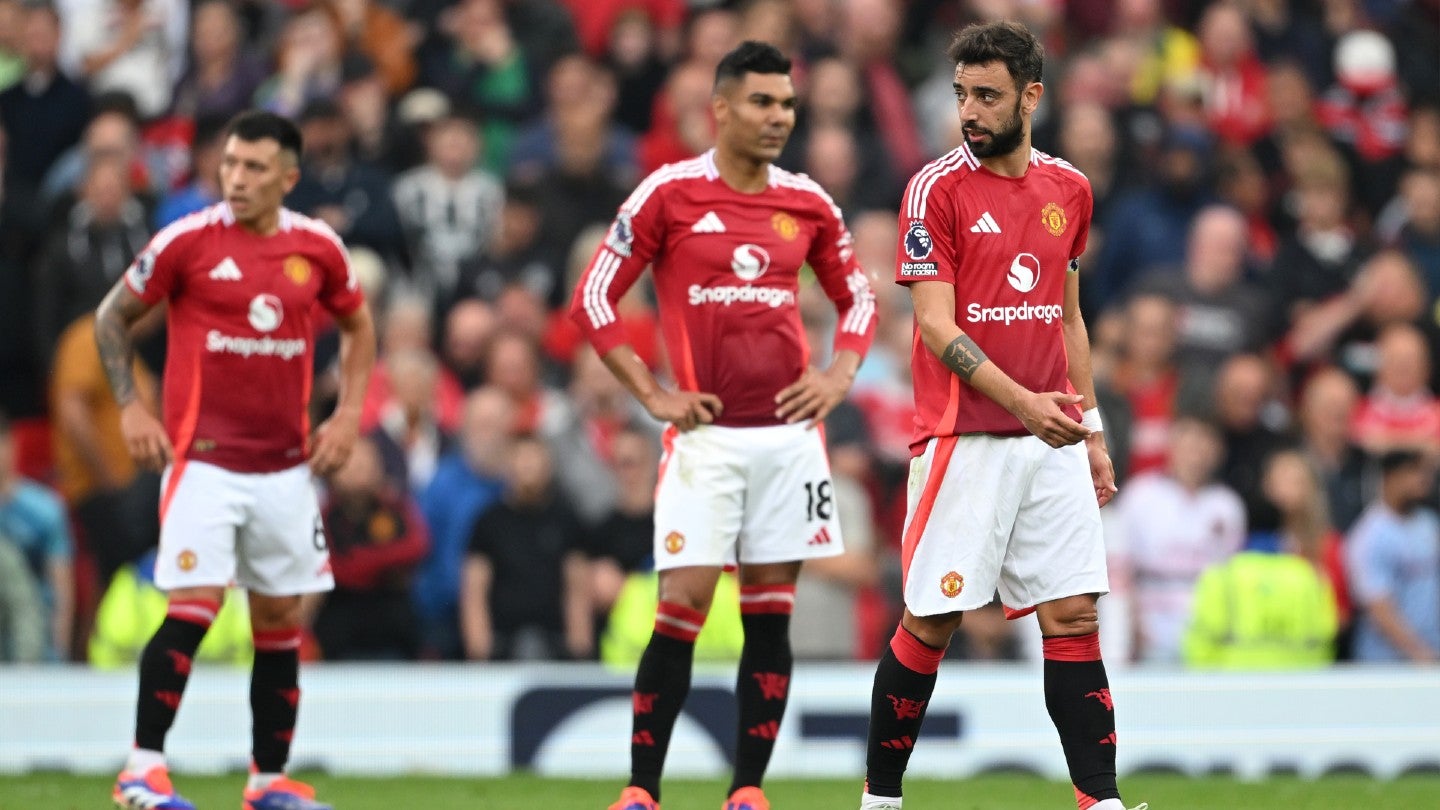
Manchester United, the English soccer giants, have released their financial results for the 2024 financial year (July 1 2023 through June 30 2024), headlined by a £113.2 million ($147.2 million) loss that came despite record total revenue of £661.8 million.
Commercial revenues powered by the club’s lucrative front-of-shirt partnership with tech brand Qualcomm spurred on the high annual revenue, as did record ticket sales and matchday revenue.

Discover B2B Marketing That Performs
Combine business intelligence and editorial excellence to reach engaged professionals across 36 leading media platforms.
All of this and more, however, was wiped out by the team’s operating costs of £768.5 million, which mostly came due to rising employee benefit expenses (due to Champions League qualification), and amortization (attributed to playing-squad investment) of £190.1 million.
Operating expenses actually decreased through the year by $13.8 million compared to the 2023 fiscal year, owing to the team playing eight-fewer home fixtures.
Omar Berrada, who became Manchester United chief executive in January, stated of the club’s predicament: “We are working towards greater financial sustainability and making changes to our operations to make them more efficient, to ensure we are directing our resources to enhancing on-pitch performance.
“Today, we announce new guidance for fiscal 2025 which reflects a partial year impact of the transformative cost-savings and organizational changes that we have been busy implementing over the summer.”

US Tariffs are shifting - will you react or anticipate?
Don’t let policy changes catch you off guard. Stay proactive with real-time data and expert analysis.
By GlobalDataIn that new forward-looking guidance, Manchester United have projected similar revenue of between £650 million and £670 million for the 2025 financial year, despite not qualifying for the Champions League this season, which will account for a £30 million drop in broadcast revenue.
That period will account for the club’s underway partnership with Scayle, launched on September 5, which has seen Manchester United bring its e-commerce business in-house, the commercial effects of which are yet to be seen.



